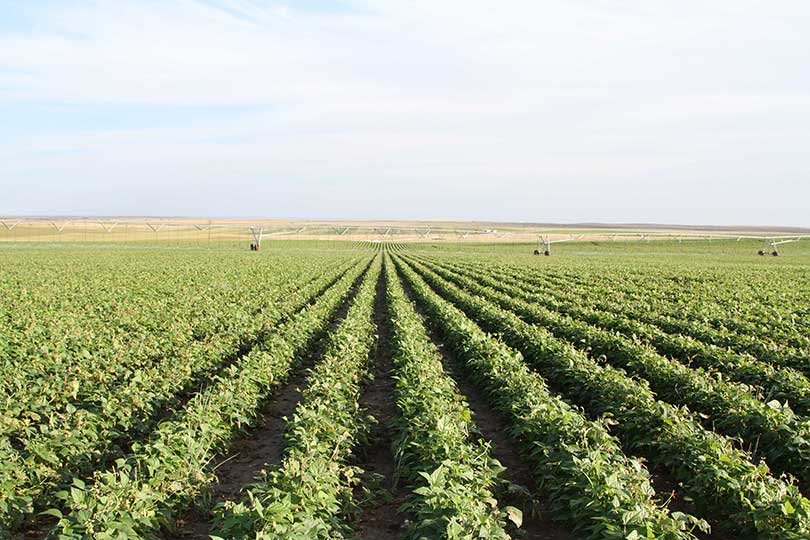The U.S. Department of Agriculture’s (USDA) Natural Resources Conservation Service (NRCS) is providing $75 million in conservation assistance for farmers transition to organic production.
NRCS will dedicate financial and technical assistance to a new organic management standard and partner with new organic technical experts to increase staff capacity and expertise.
“Producers transitioning to organic can count on NRCS for assistance through the process,” NRCS Chief Terry Cosby said. “By strengthening our technical proficiency and providing technical and financial assistance through new tools and practices, we can better support producers through the challenges of organic transition.”
Direct farmer assistance
NRCS will dedicate $70 million to assist farmers with a new organic management standard under the Environmental Quality Incentives Program (EQIP).
NRCS will help farmers adopt the new organic management standard, which allows flexibility for farmers to get the assistance and education they need such as attending workshops or requesting help from experts or mentors. It supports conservation practices required for organic certification and may provide foregone income reimbursement for dips in production during the transition period.
Higher payment rates and other options are available for underserved producers including socially disadvantaged, beginning, veteran and limited resource farmers and ranchers.
How to apply
Eligible producers include farmers, ranchers, forest landowners and other producers beginning or in the process of transitioning to organic certification.
NRCS will announce state-specific deadlines later this year, after which producers can apply through NRCS at their local USDA Service Center.
About the organic transition initiative
These NRCS investments are part of the Organic Transition Initiative (OTI), a multi-agency $300 million effort to support organic and transitioning farmers. OTI also includes farmer-to-farmer mentoring, direct support for crop insurance and market development projects.
In addition to NRCS, USDA’s Agricultural Marketing Service (AMS) and Risk Management Agency (RMA) are the primary agencies supporting OTI and are closely collaborating on implementation.
As part of OTI’s cross-agency coordination, NRCS organic specialists will be closely connected with the AMS Transition to Organic Partnership Program regional partners, to align and share resources and best practices.
NRCS and AMS’s National Organic Program also plan to coordinate data collection activities, to prevent transitioning farmers from having to submit duplicative information as much as possible. AMS will also soon announce a funding program to support the creation of new and improved markets for domestically produced organic products and provide critical companion resources to existing and transitioning organic farmers.
RMA reminds farmers interested in the Transitional and Organic Grower Assistance Program, also part of OTI, to visit with their crop insurance agent for more information. Premium benefits for eligible policies will be automatically applied to the producer’s billing statement later this year.
Other USDA Organic Assistance
OTI complements existing assistance for organic producers, including FSA’s Organic Certification Cost Share Program, which helps producers obtain or renew their organic certification.
RMA also administers federal crop insurance options, including Whole Farm Revenue Protection and Micro Farm, which may be good options for organic producers. The National Organic Program is a federal regulatory program, administered by AMS, that develops and enforces consistent national standards for organically produced agricultural products sold in the United States.
More Information
For more information, visit farmers.gov/organic.

